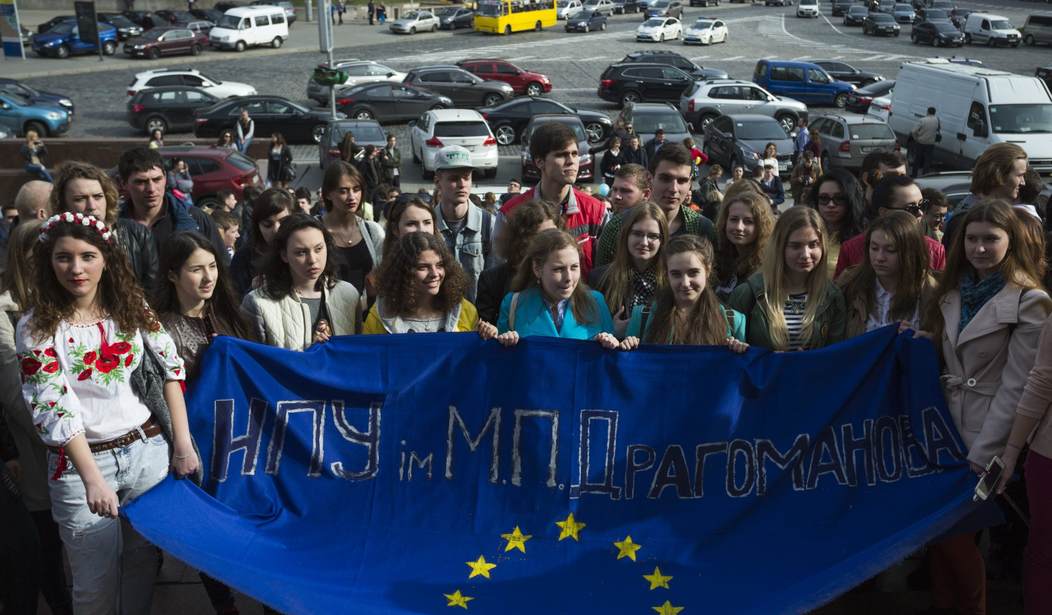Yesterday was yet another black day in the history of the European Union:
Dutch ratification of #Ukraine AA was published yday & enters into force 2day. now council will adopt it ahead of EU-Ukr summit on 12 July
— Rikard Jozwiak (@RikardJozwiak) June 15, 2017
The megalomaniacs in Brussels are undoubtedly thrilled with this result, but the fact of the matter is that the Dutch people voted against this Association Agreement in a referendum last year. Instead of obeying the clearly expressed wishes of Dutch voters, however, the Dutch government decided to go ahead and ratify the treaty anyway, after some minor (and completely irrelevant) changes were made. Of course, the Dutch cabinet did this on behalf of their paymasters, the European Commission.
Sadly, it comes as no surprise that the Dutch government waited to officially ratify it until after the Dutch parliamentary elections of March 15. This is how the entire European establishment rolls: give voters the impression that their opinions matter, hold elections to make sure you remain in power, and then continue to do what you had planned on doing from day one with little regard for voters’ expressed views.
This is the reason that we Eurosceptics often refer to the EU as the EUSSR: the European Union of Socialist Soviet Republics.
The ratification is now in force in the Netherlands, but the final ratification must happen on an EU level. That last ratification is going to happen in July and will be in effect in September. If there are those who hold out some hope that this will not happen: forget about it. The Netherlands was the only country that was somewhat critical. Every other EU member state already signed off on the project years ago.
What this means is simple: this agreement is the start of an attempt to get Ukraine to join the EU. It will not only put the EU on a collision course with Russia, but it also means that the most corrupt country in Europe will, in a few years, be rewarded for its corruption by joining the European Union. Who said that crime doesn’t pay? In the EU, it most certainly does.









Join the conversation as a VIP Member